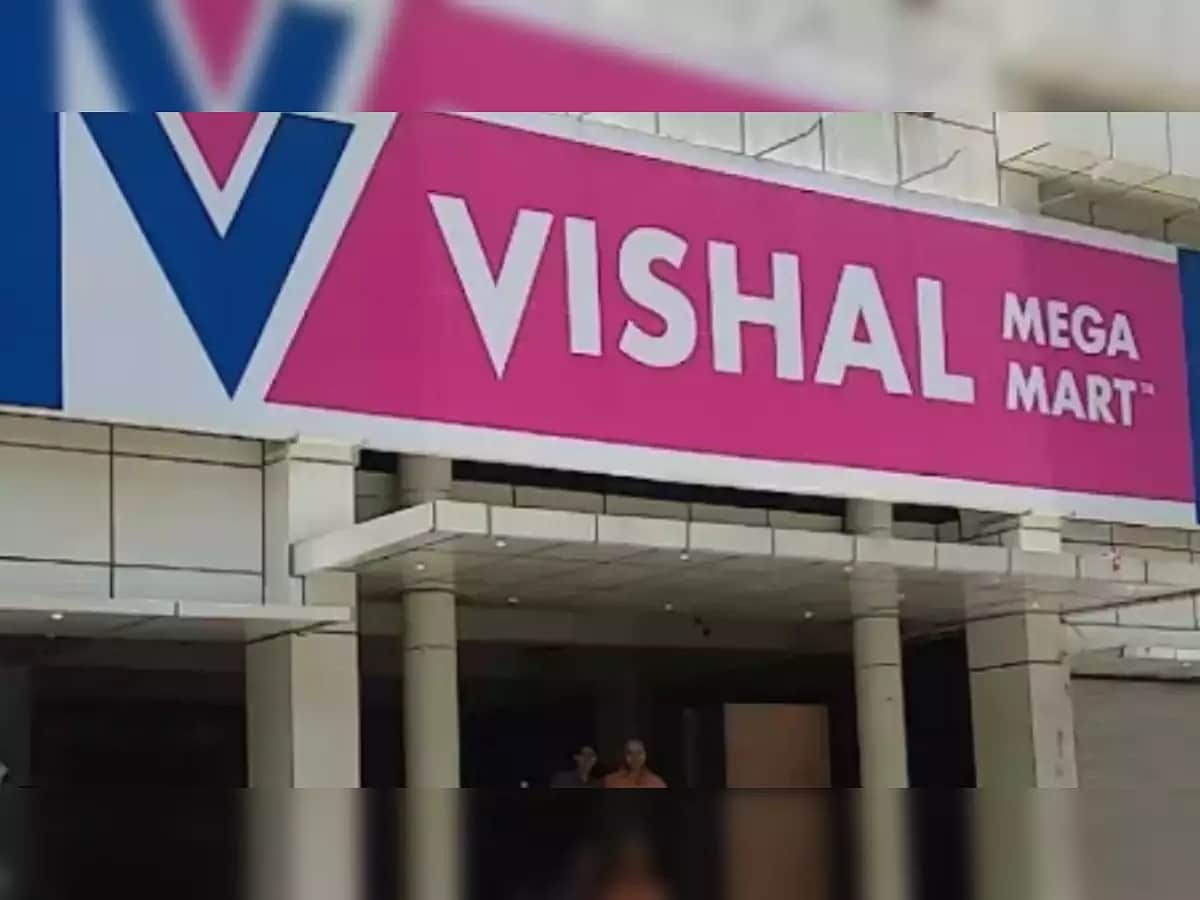New Delhi: The Supreme Court on Monday stayed the Delhi High Court order by which it had essentially allowed bike-taxi aggregators Rapido and Ola to operate in the national capital. A vacation bench of Justices Aniruddha Bose and Rajesh Bindal, however, granted liberty to the two aggregators to request an urgent hearing of their plea by the Delhi HC. The bench also recorded the Delhi government counsel’s submission that the final policy will be notified before July-end.
The SC was hearing two separate petitions by the Arvind Kejriwal-led government challenging the May 26 order of the High Court asking it not to take any coercive action against the bike-taxi aggregators until the final policy was notified. The top court last week also sought a response from the Central government on both the pleas of the Delhi government.
Earlier on May 26, the high court issued a notice to the Delhi government on Rapido’s plea challenging a law that excludes two-wheelers from being registered as transport vehicles. It also listed Rapido’s plea on August 22 before the registrar for completion of the pleading.
Rapido, Uber Vs Delhi govt
In its petition before the high court, Roppen Transportation Services Private Limited, which runs Rapido, has said the Delhi government order directing it to immediately stop plying non-transport two-wheelers from carrying passengers on hire-and-reward or for commercial purposes was passed ‘without any reason’ or ‘rationale’.
In a public notice issued earlier this year, the government had cautioned bike-taxis against plying in the capital and warned that violations would make aggregators liable for a fine of up to Rs 1 lakh.
Rapido has also challenged a show-cause notice issued to it by the city government in that context, saying it is in violation of various fundamental and constitutional rights, and has been passed in violation of the principles of natural justice. It said that the city government’s conduct was contrary to the intent and object of the Centre with respect to the issuance of licences to aggregators as laid down under the Motor Vehicles Act, read with the Motor Vehicle Aggregator Guidelines, 2020 (MoRTH Guidelines).














































